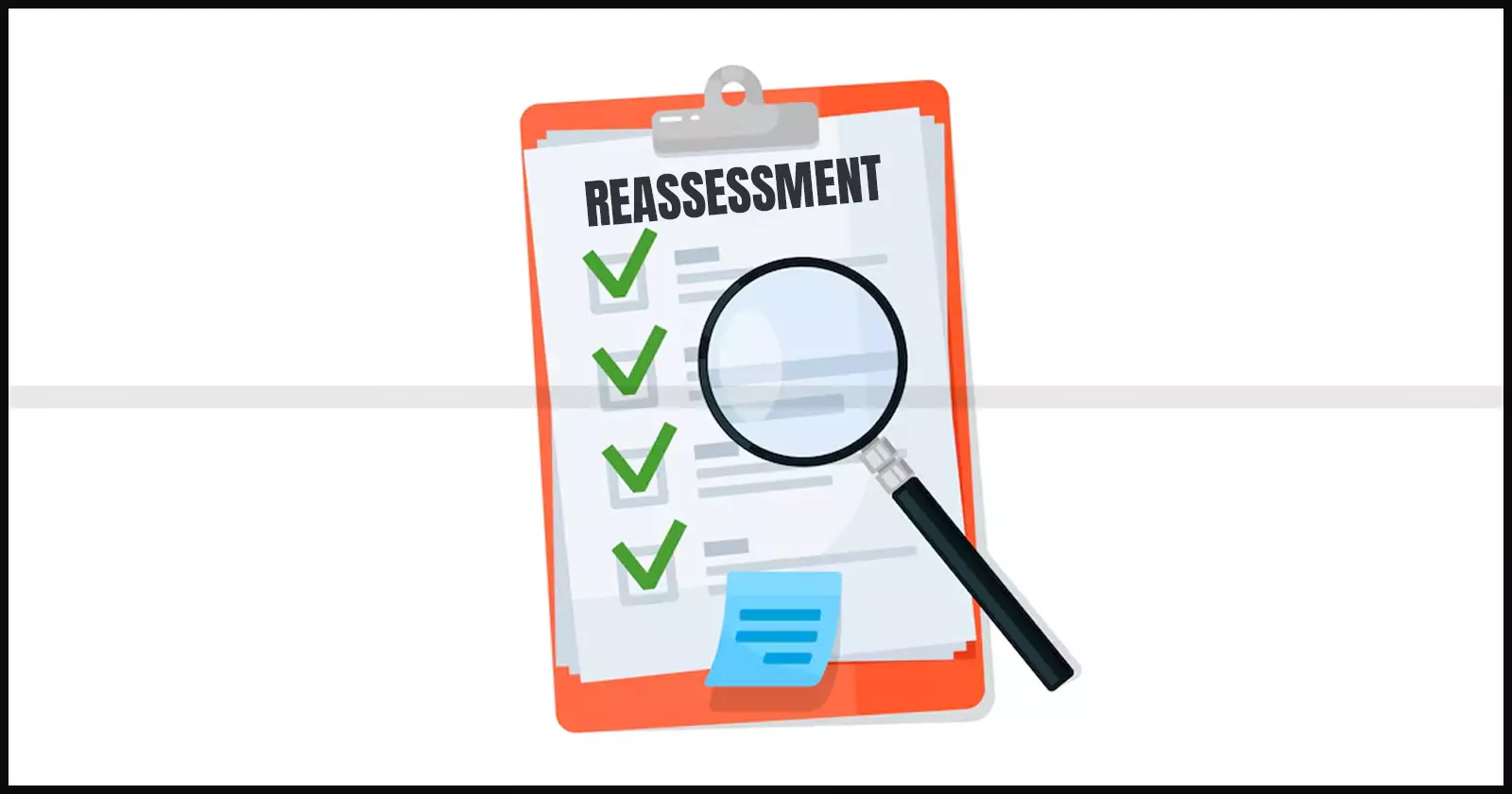Setback for South Indian Bank: ITAT Rules AO Cannot Exceed Scope of S.263 Revision While Passing Consequential Assessment Order [Read Order]
The assessee’s appeal challenged disallowances related to bad debts and provisional claims, which the tribunal found were additional claims not admissible in proceedings following a section 263 revision.
![Setback for South Indian Bank: ITAT Rules AO Cannot Exceed Scope of S.263 Revision While Passing Consequential Assessment Order [Read Order] Setback for South Indian Bank: ITAT Rules AO Cannot Exceed Scope of S.263 Revision While Passing Consequential Assessment Order [Read Order]](https://images.taxscan.in/h-upload/2025/08/13/2076377-south-indian-bank-itat-consequential-assessment-order-taxscan.webp)
The Cochin Bench of Income Tax Appellate Tribunal ( ITAT ) dismissed the appeal filed by South Indian Bank Ltd., holding that the Assessing Officer (AO) cannot go beyond the scope of the revision order passed under section 263 of the Income Tax Act,1961 while passing the consequential assessment order.
The South Indian Bank Ltd.,appellant-assessee, was a private scheduled bank engaged in banking. It filed its income return for Assessment Year 2017-18 on 31/03/2018, declaring income of Rs. 446.81 crore.
The AO completed the assessment on the same day under section 143(3), determining income at Rs. 526.91 crore after disallowing expenses under sections 14A, 36(1)(viii), ESOS employee costs, and non-remitted NPS. Later, the Principal Commissioner of Income Tax (PCIT) invoked section 263 to set aside the assessment for further scrutiny of bad debts written off and depreciation claims.
Following this, the AO passed a revised order on 25/03/2022, raising income to Rs. 534.66 crore, limiting deduction under section 36(1)(viiia) to 7.5% of total income, but allowing depreciation on investments.
The assessee challenged the disallowance of Rs. 14.10 crore difference in bad debts and the rejection of a Rs. 52 crore provisional bad debts claim before the Commissioner of Income Tax (Appeals) [CIT(A)], who upheld the AO’s order. The assessee then appealed to the tribunal.
 Also Read:Non-issuance and Non-service of Notice u/s 143(2) Renders Reassessment Order Null and Void: ITAT [Read Order]
Also Read:Non-issuance and Non-service of Notice u/s 143(2) Renders Reassessment Order Null and Void: ITAT [Read Order]
The two member bench comprising Sonjoy Sarma (Judicial Member) and Inturi Rama Rao (Accountant Member) heard the rival submissions and perused the material on record. It found that the issues raised in the appeal did not arise from the consequential assessment order passed under section 143(3) read with section 263 of the Act. These issues related to additional claims made before the CIT(A) against the assessment order.
The appellate tribunal noted that revisionary proceedings under section 263 are prejudicial to the assessee, and no additional or new claims are admissible in proceedings following the order under section 263. It held that the AO, while passing the consequential order pursuant to the revision under section 263, should not go beyond the scope of the revision order.
In view of this settled legal position, the tribunal found no merit in the grounds of appeal and dismissed the appeal.
Support our journalism by subscribing to Taxscan premium. Follow us on Telegram for quick updates


